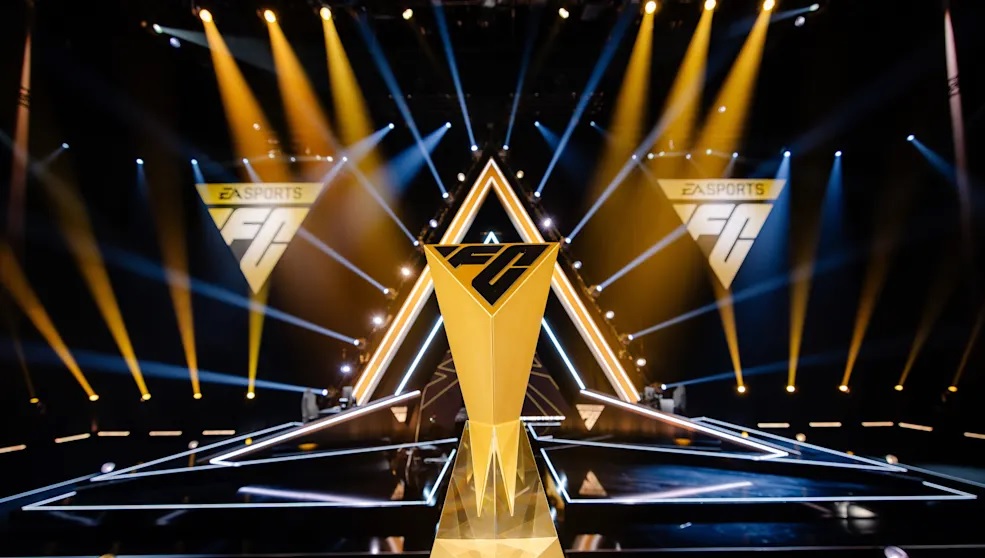
Esports World Cup Captivates Fans across 140 Countries
As the Esports World Cup 2025 kicked off in Riyadh, extensive coverage and live broadcasting initiatives are being implemented to share the event's details and competitions with esports enthusiasts in over 140 countries across 35 languages, supported by more than 90 media partners.
This year's tournament will feature over 7,000 hours of content over seven weeks, from July 7 to August 24, across four main arenas and 26 specialized studios, managed by an international team of over 550 professionals. This marks the largest media experience ever in esports and ranks as the second-largest among global sporting events. It showcases the Kingdom's commitment to advancing the gaming and esports ecosystem, striving for global prominence in these fields.
CEO of Esports World Cup Ralf Reichert emphasized that the 2025 edition will be extraordinary in every respect and represent a significant turning point for the global following of esports. He noted that efforts are underway to bring esports closer to fans and enhance its impact on a cultural level, aiming to foster sustainable growth in the gaming and esports industry worldwide.
He stated, "We are utilizing our collaborations with game publishers, clubs, and media platforms. With the backing of fans, we will continue to engage with various stakeholders and partners to mold the future of esports as a global sport with a lasting cultural and economic impact for generations to come."
The media broadcasting landscape includes several global channels, platforms, and partners such as FOX Sports, NBC, and DAZN in the United States; Eurosport and L'Équipe in Europe; MBC, TOD.tv, TRT, and ITV in the Middle East and North Africa; SuperSport and StarTimes in Africa; as well as Channel 7, Astro, Abema, Kuaishou, Douyin, and NAVER in the Asia-Pacific region. All tournament events will be broadcast live on Twitch, YouTube, and TikTok, starting today.
This edition features remarkable advancements in technical infrastructure and media production, with over 7,000 hours of live broadcasting across seven weeks, a 55% increase from the 2024 edition. The broadcast will reach 140 countries through more than 90 media partners, with content available in 35 different languages, utilizing 16 live production lines, 14 main studios, and 12 studios specifically for commentary and analysis.
At the equipment level, over 5,550 meters of metal structures were used to construct arenas and broadcasting facilities, while LED screens were installed covering an area of more than 3,000 square meters, supported by 2,600 lighting units. The technical operations will be overseen by over 550 broadcast employees and 300 field staff, utilizing 325 wireless communication devices and 250 control panels, as well as 175 cameras connected to 41 servers for broadcasting and replaying highlights across four main arenas and four side platforms for the events.
The 2024 edition of the Esports World Cup drew over 500 million viewers, accumulating 252 million viewing hours and reaching a peak of 6.3 million concurrent viewers. Additionally, television coverage reached 311 million households. The content was disseminated through over 2,000 channels and co-broadcast platforms, resulting in more than 3.5 billion impressions and $1.2 billion in media value, positioning the Esports World Cup as one of the largest global sporting events in terms of scale and cultural significance. The broadcast and distribution model, built on collaboration with content creators and influencers, highlights a modern approach to engaging with digital content, strengthening the Esports World Cup's status as a key source of entertainment for a new generation of fans worldwide.








